Our skin is truly an incredible organ. It absorbs almost everything it is exposed to so we must carefully choose the products we put on our skin. Choosing non-toxic skincare products can be overwhelming so I have broken the process down into clear steps. Keep reading and by the end you will be able to easily pick non-toxic skincare products that are right for your skin.
Why You Should Care About Non-Toxic Skincare
We are constantly absorbing particles, UV rays, and pollution into our skin from our surroundings. It is this same process that allows toxic chemicals to be absorbed into our bodies. After my own cancer experience I decided that I wanted to cut down on any controllable chemicals I was absorbing. Switching to non-toxic skincare can help eliminate scary side effects of toxicity such as hormone disruption, cancer and other health concerns. Making the switch was a huge step for me. It made me feel safer as we were trying to get pregnant and confident in the products I use. So you have decided you want to go non-toxic, but how do you find skincare products that are free from toxic chemicals? Let’s walk through some of the steps.
Non-Toxic Skincare: Get to Know the Ingredients
The first and hardest step for me was learning which ingredients to avoid. I knew there were many harmful ingredients in skincare, but I struggle to determine which ones to steer clear of. The first tip I learned is to avoid products with abbreviations. Many of these abbreviations are a giveaway that there are harmful components in the products. Some of the most common ones to avoid are: DEA (diethanolamine), PEG (polyethylene glycol), and SLS (sodium lauryl sulfate).
Another hard aspect of reviewing ingredients is that sometimes companies don’t list ingredients. Phalates in particular have been frequently studied and have the potential to cause birth defects and kidney and liver damage. Even if you don’t see phalates in the ingredient list, look for a “Phalates Free” notation or other confirmation that the product does not include phalates.
Understanding the ingredients in our skincare products can help us avoid accidental use of toxic chemicals and compounds in our skincare routine. The EWG Skin Deep app is another great way to review the toxicity of skincare and makeup products. Learn more about the SkinDeep app in my prior post “How to Begin a Clean Beauty Routine.”
Non-Toxic Skincare: Choose Fragrance-Free
You all may hate me for bring attention to this next area. Fragrance!!!! We all love a good smelling product but did you know that fragrances are commonly used throughout the skincare and beauty industry without regulation? Manufacturers are not required to define fragrance and thus anything including fragrance in the label could potentially include harmful chemical compounds. In order to avoid the mysterious fragrance component look for “fragrance-free” products or select products which clearly note where the smell is derived. A natural product will list the ingredients used to create the fragrance and will not need to use the word “fragrance”.
Non-Toxic Skincare: Less is More
The math is simple, the fewer ingredients, the lower the risk of toxic absorption. Less is truly more when it comes to the products you put on your skin. If the list of compounds on the label is long, chances are the formula is filled with alcohol, parabens, artificial colors, fragrances, and other harmful ingredients. Look for products with short and specific ingredient lists. It’s also helpful to choose your products based on the key active ingredients known to help you skin. You don’t necessarily need a product with 20 ingredients, but if you do find one that looks great make sure you can read and understand every item on the ingredients list.
Non-Toxic Skincare: Look for Certifications
Many companies will claim that their products are organic and safe, but unless you do your homework you won’t know for sure. Instead of falling for false claims, look for trusted certifications such as paraben free, USDA Organic logo, or crulety free. As an added safety measure you can also check the EWG website which will help you evaluate the potential toxicity and any known risks associated with the product ingredients.
___________________________________________
Have you ever reviewed the ingredients for the skincare products you currently use? If you read the labels, chances are you found at least one item filled with toxic chemicals. Overwhelmed with what you learned? Start taking gradual steps to modify your beauty routines. I hope that the tips shared today will help you find healthy alternatives that improve your health and your skincare regime

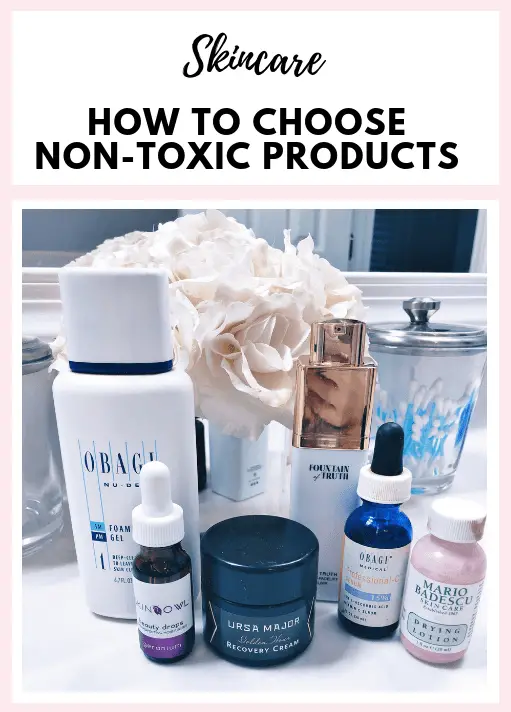
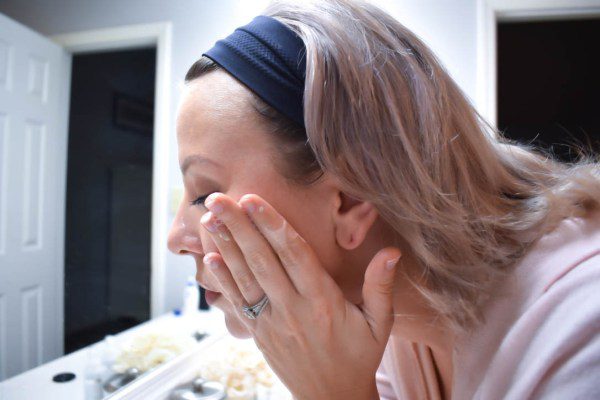
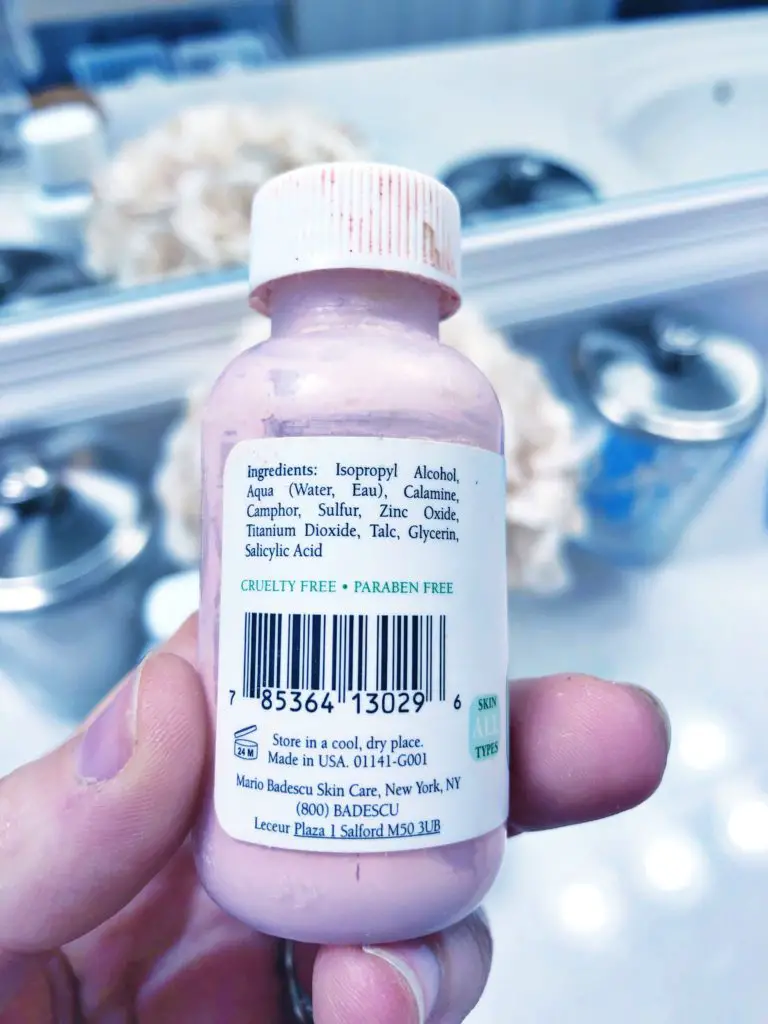
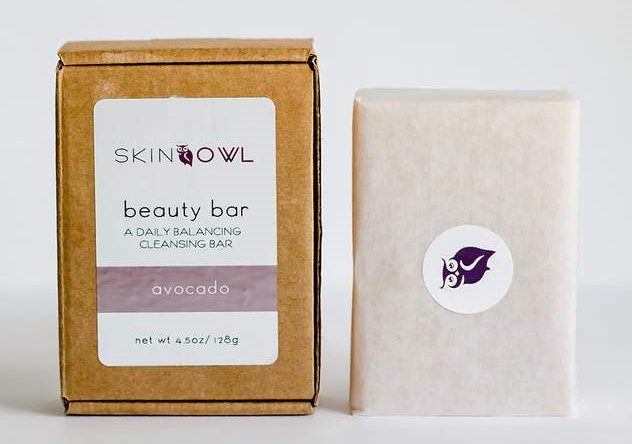
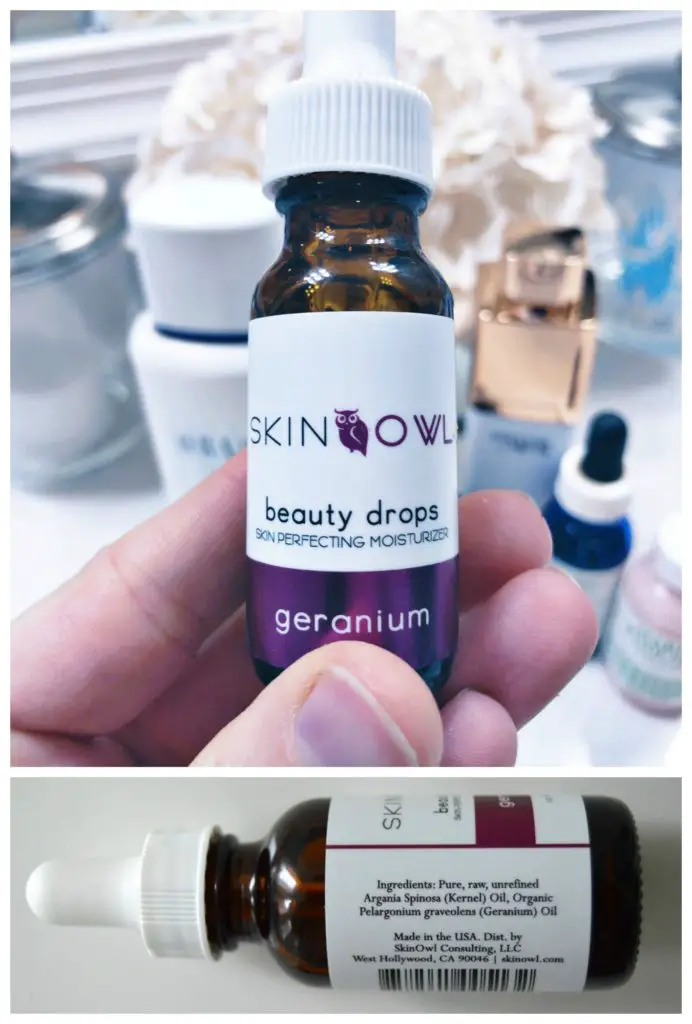
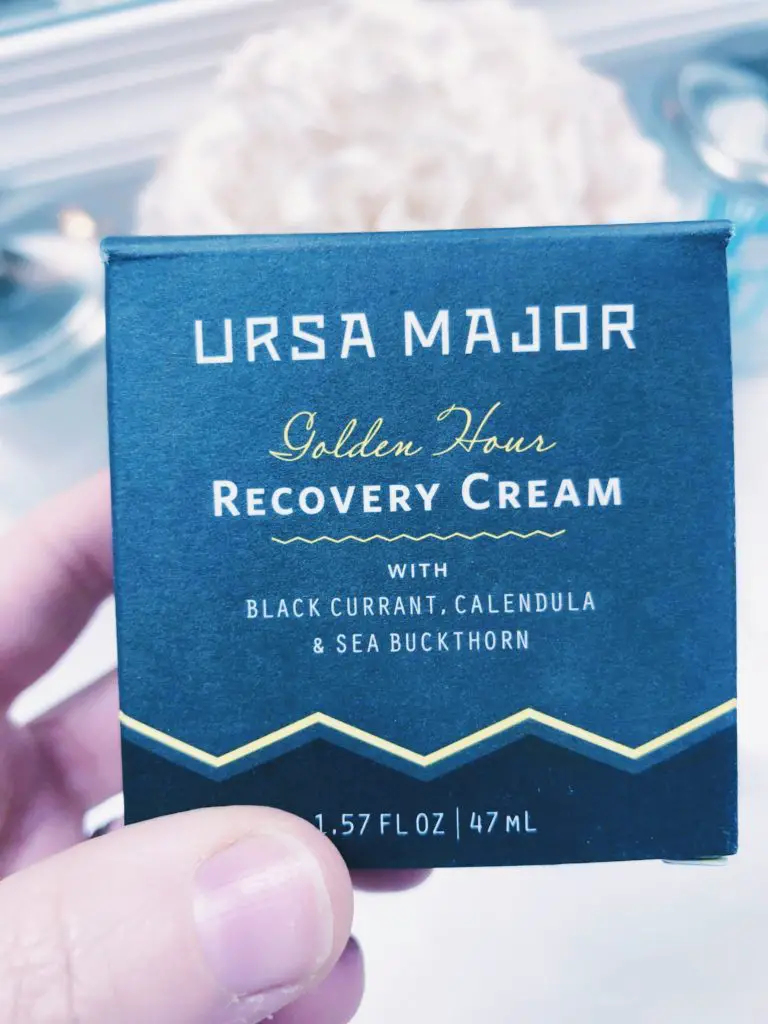
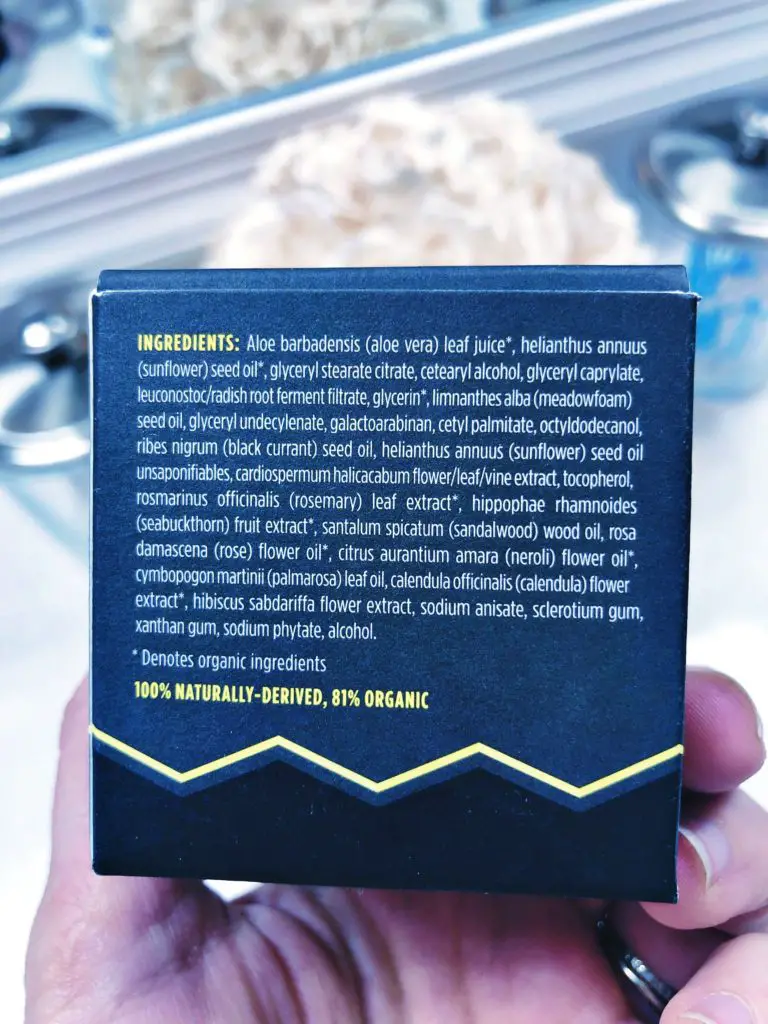
2 Comments